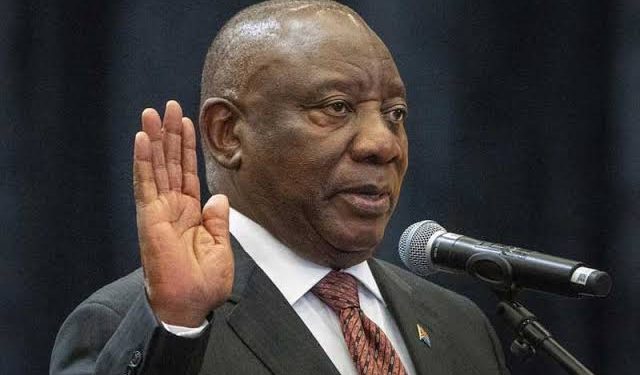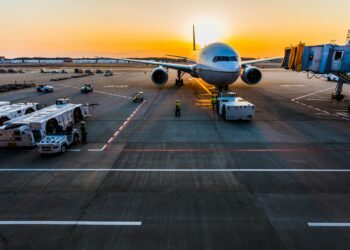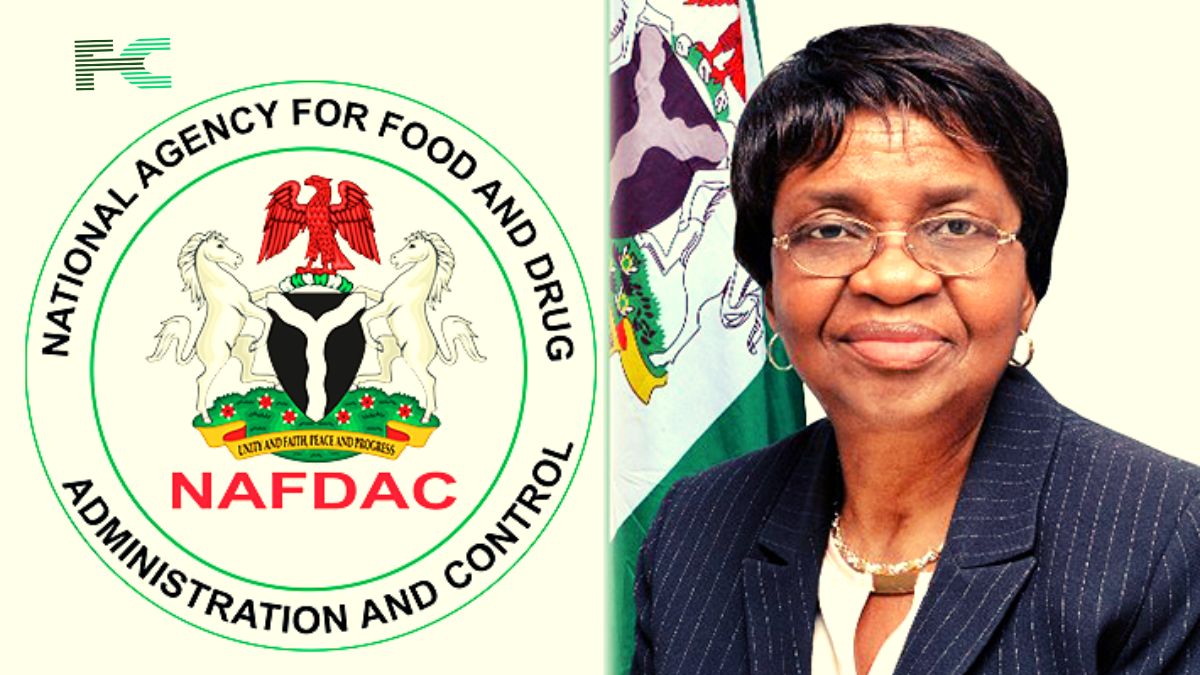South African President Cyril Ramaphosa has strongly opposed what he calls “unilateral” 30% tariffs announced by US President Donald Trump, set to take effect August 1. The decision specifically targets South Africa – the only African nation included in Trump’s latest protectionist measures – and threatens to upend a trade relationship worth billions.
In a letter to Ramaphosa, Trump justified the tariffs by claiming South Africa’s trade policies created “persistent deficits” for American businesses. “Our relationship has been far from reciprocal,” Trump wrote, threatening to adjust rates further if Pretoria retaliates.
This move would revoke South Africa’s preferential trade status under the African Growth and Opportunity Act (AGOA), particularly impacting auto and agricultural exports that previously enjoyed duty-free access to US markets.

Ramaphosa Fights Back; Says “Tariffs Based on Flawed Data”
The South African president challenged Trump’s economic rationale, noting that 50% of US imports enter into tariff-free, with an average rate of just 7.6% on others. “This decision doesn’t reflect actual trade dynamics,” Ramaphosa stated, vowing to continue diplomatic efforts for a “balanced solution.” The tariffs come as a severe blow to an economy where the US is the second-largest trading partner after China.
South Africa’s automotive sector, which exports nearly 30,000 vehicles annually to the US, faces immediate disruption. Agricultural exporters similarly fear collapse, particularly for citrus and wine shipments. Business Leadership South Africa CEO Busi Mavuso warned the tariffs could cost “tens of thousands of jobs” in a nation already grappling with 32% unemployment.
The US-South Africa relations have deteriorated sharply since 2017, when Trump halted all aid over unsubstantiated claims of “white farmer genocide” – allegations Pretoria vehemently denies. May’s tense White House meeting between the leaders failed to ease tensions, with Trump reportedly confronting Ramaphosa about contested land reform policies. The tariff decision now risks escalating tensions further as Ramaphosa faces domestic pressure ahead of 2024 elections.
Global Trade Domino Effect: Who’s Next?
Trump’s letters to 13 other nations suggest more tariffs may follow, reinforcing his “America First” agenda. For Africa, the move undermines AGOA’s future just as the African Continental Free Trade Area (AfCFTA) gains momentum. Economists warn protectionism could shrink US-Africa trade from its current $61 billion annual value, potentially ceding ground to Chinese and EU competitors.
While Trump called the August 1 timeline “firm but not 100% firm,” leaving slight room for compromise, Pretoria faces an uphill battle.

















